

All-day health monitoring can record your daily physical activity data for you, including pedometer, nap, sleep monitoring, sedentary, stand reminder, etc. It can help you better understand your physical state and take care of your health at all times.
Pedometer
Sleep Monitoring
Sedentary
Stand Reminder
Fall Detection
Calories Burned

steps
Distance
Calories

Sleep/Awake
Light sleep
Deep sleep
REM
Sleep score
Breathing quality
Deep sleep continuity



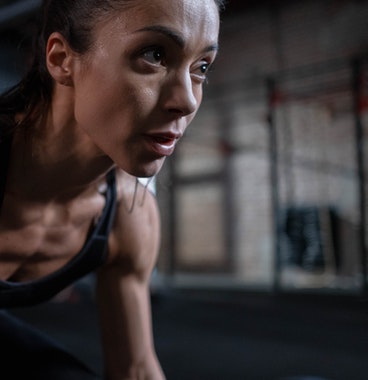
Active calories
Resting calories
Total calories burned
Fitness
ActiveLife Index (ALI)
Personalized Heart Rate Zone
Moderate/High-Intensity Activity Time
VO2 Max
Fitness Age
Aerobic Training Effect
Anaerobic Training Effect
Training Load
Real-Time Load
Lactate Threshold Heart Rate (LTHR)
Lactate Threshold Pace
Real-Time Stamina
Recovery Time
Degree of Recovery
The ActiveLife Index is an intuitive indicator of personal activity level. It involves a comprehensive assessment of heart rate, daily activity intensity, and personal physiological data. Based on this index, the user can set activity goals and manage health more scientifically. Maintaining a ALI value of 100 or more can help lower the risk of death from cardiovascular diseases and improve life expectancy.
Heart rate zone is usually used for monitoring the intensity of exercises and beneficial to draft training plans. The HR zone can be divided into 7 parts based on an individual's Heart Rate Reserve percentage (HRR %).
Items
Heart Rate Reserve(%HRR)
Intensity
Warm-up
<59%
1
Easy running (E)
59%~74%
1.1~2.0
Marathon-pace running (M)
74~84%
2.1~3.02
Threshold running (T)
84%~88%
3.1~4.0
Anaerobic running (A)
88%~95%
4.1~5.0
Interbval training (I)
95%~100%
5.1~6.0
Repetition training (R)
5.1~6.0
/
It refers to the cumulative duration of the user's moderate to high-intensity physical activity or exercise. This indicator is calculated based on the user's heart rate data and exercise intensity, enabling the user to understand and plan their training better.
VO2 max is the maximum rate of oxygen consumption measured during incremental exercise. It is expressed as an absolute rate in liters of oxygen per minute (L/min). To measure VO2 max, people simply run/walk on a treadmill or ride on a bike, and gradually increase the intensity until exhaustion. The greater VO2 max, the better your cardiovascular function. The more oxygen your body can consume, the more effectively your body can use it.
Based on the analysis of user health data, fitness age assesses one's fitness level compared to their actual age. It can help users understand how fit they are quickly and encourage them to maintain healthier lifestyles.
The Aerobic Training Effect means how much an individual benefits from training results after exercising. The larger the value, the better it helps cardiovascular function. Through HR monitoring during exercise, it keeps accumulating the intensity of the result from Aerobic training. After a period of training, cardiovascular function becomes stronger, and it will need stronger exercise to reach better training effect.
Value
Aerobic Training Effect
1.0~1.9
Recovery effect
2.0~2.9
Maintaining effect
3.0~3.9
Boost effect
4.0~4.9
Enhancing effect
5.0
Excessive exercise
Anaerobic training effect refers to the benefit gained from exercises. The larger the value, the more energy the body gets from anaerobic training. Through HR monitoring and constantly gathering training results, more intensive exercise can maintain high HR rate longer and increase anaerobic training effect.
Value
Anaerobic Training Effect
1.0~1.9
Recovery effect
2.0~2.9
Maintaining effect
3.0~3.9
Boost effect
4.0~4.9
Enhancing effect
5.0
Excessive exercise
Training Load is the total training result for the last week. The amount of training means the excess post-exercise oxygen consumption (EPOC) will be collected by HR data during exercise. The larger training load represents much more exercise in the last week. However, excessive training load may backfire on your physical condition.
Based on the real-time analysis of the user's exercise data and physiological indicators, it evaluates and analyzes the current exercise load and demonstrates the trend of the user's load changes, delivering corresponding suggestions.
The lactate threshold is the point at which muscles begin to fatigue rapidly. When training near the LTHR, the user can reach a high heart rate level while producing less excess lactate, which helps improve the effectiveness of long exercises.
The pace at which the user reaches the LTHR is the lactate threshold pace. This indicator can help the user have better plans for daily training or competition, reducing the impact of fatigue on athletic performance.
Based on exercise data, heart rate, and other physiological indicators monitored by the device, it evaluates the user's stamina level in real time and offers corresponding feedback. Users can adjust the intensity or methods of exercising according to real-time stamina to avoid exhaustion.
Recovery Time is the time of duration that an individual's energy can be recharged to 100%.
The degree of recovery indicates how much the user has recovered from the previous training session. It promotes more scientific training plans and helps avoid overtraining.
Ball Games
Snow Sports
Water Sports
Interval Training
Professional Running
Free Training
Pause Detection / Restart Detection
Supporting 29 ball games such as golf, tennis, badminton, table tennis, basketball, football, etc. The built-in six-axis sensor fusion algorithm can accurately identify various data of the user's exercising status, fully meet the needs of professional sports.
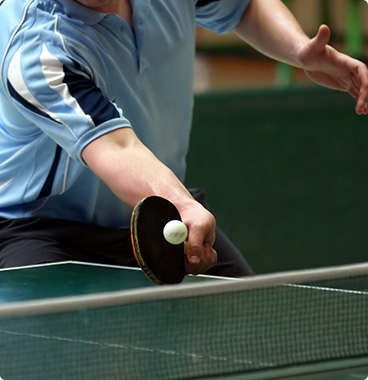
Forehand strokes
Backhand strokes
Calories
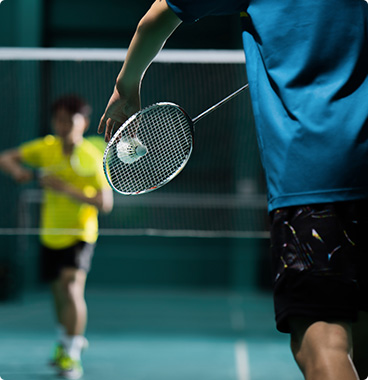
Forehand strokes
Backhand strokes
Calories
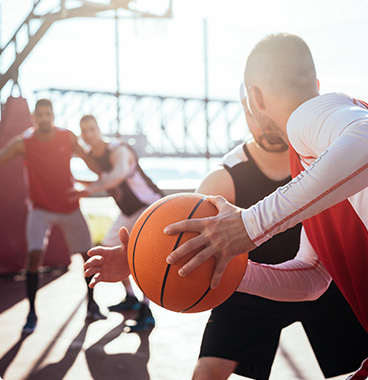
Number of shooting
Duration of dribble
Calories
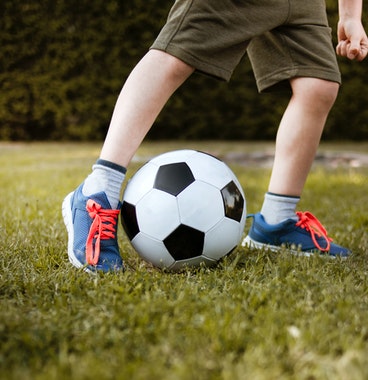
Distance
Average speed
Maximum speed
Heat map
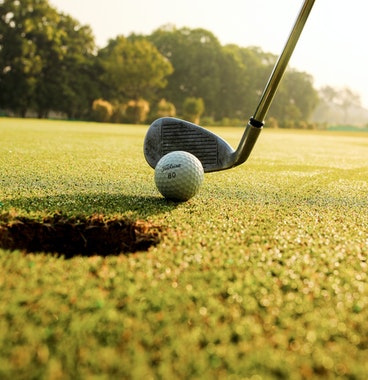
Number of swing
Speed of swing
Back swing
Down swing
Swing rhythm

Forehand strokes
Backhand strokes
Spike/Serve
Calories
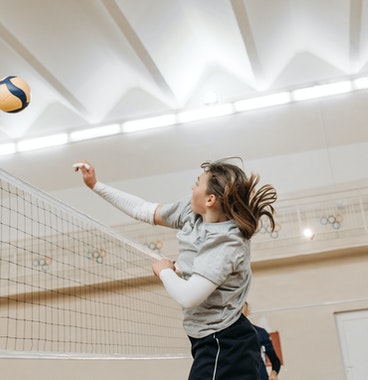
Calories
Heart rate zone

Calories
Heart rate zone
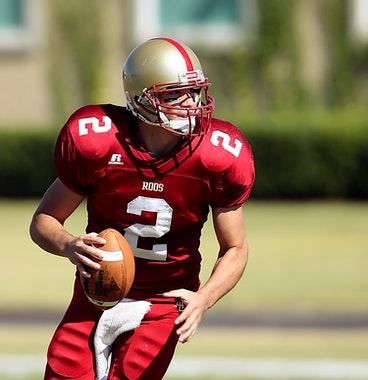
Calories
Heart rate zone
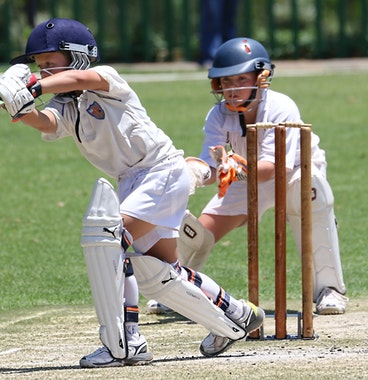
Calories
Heart rate zone
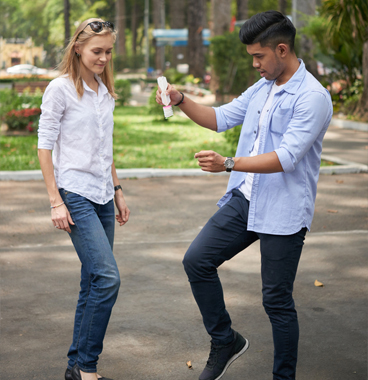
Calories
Heart rate zone
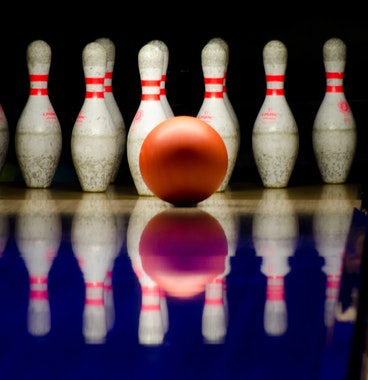
Calories
Heart rate zone
Supporting 12 snow sports including snowboarding, double skiing, cross-country skiing, skating, hockey and others, and output high-precision sports data at the same time, to bring a new skiing experience for sports enthusiasts.
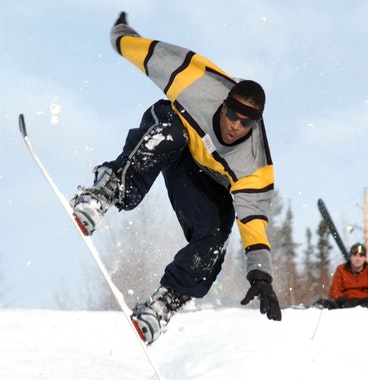
Distance
Speed(maximum/avg)
Number of trips
Current elevation
Elevation up/down
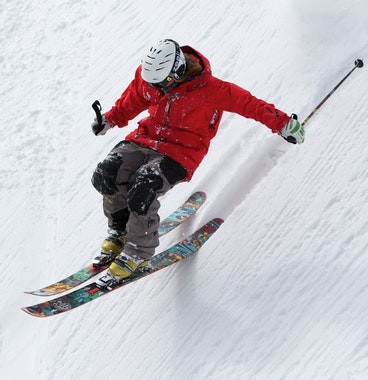
Distance
Speed(maximum/avg)
Number of trips
Current elevation
Elevation up/down

Distance
Speed(maximum/avg)
Current elevation
Elevation up/down
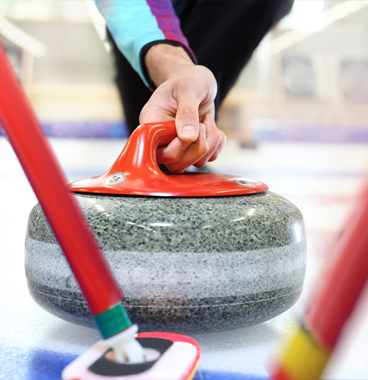
Calories
Heart rate zone

Calories
Heart rate zone
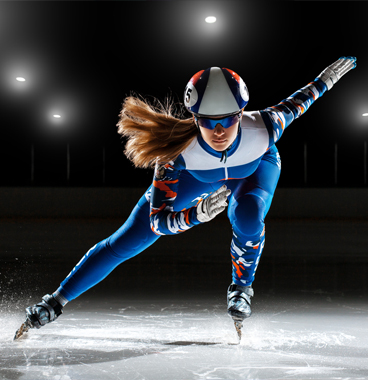
Calories
Heart rate zone
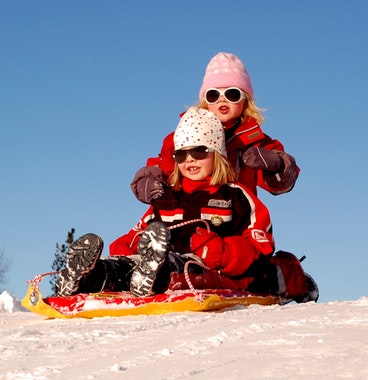
Calories
Heart rate zone
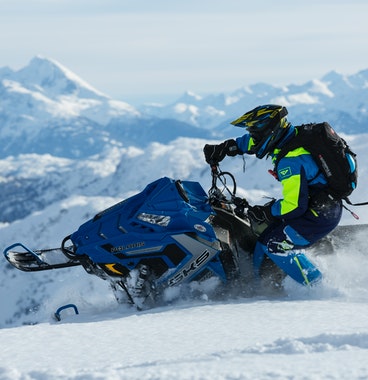
Calories
Heart rate zone
Supporting 24 water sports including swimming, sailing, surfing, diving, motorboat, etc. With motion tracking algorithm, it can identify different sports postures, output scientific data and provide instructive training recommendations. Through professional data comparison, it helps athletes and sports enthusiasts improve their performance.
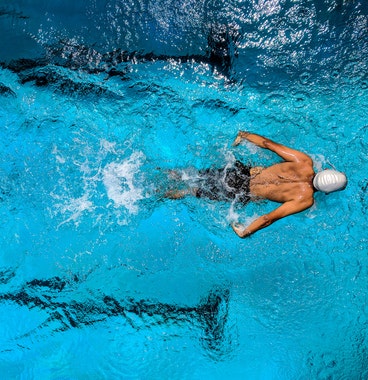
Swim stroke
Swim type
(freestyle, breaststroke,
backstroke, butterfly)
Swim lap
Swolf
Time
Frequency
Average pace
Calories
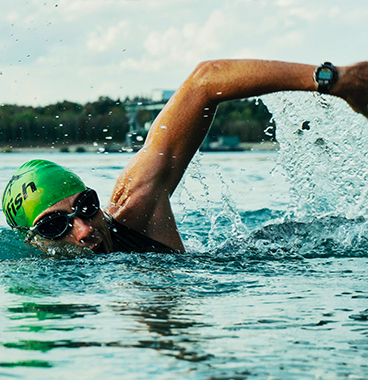
Time
Frequency
Main swim type
(freestyle, breaststroke,
backstroke, butterfly)
Calories
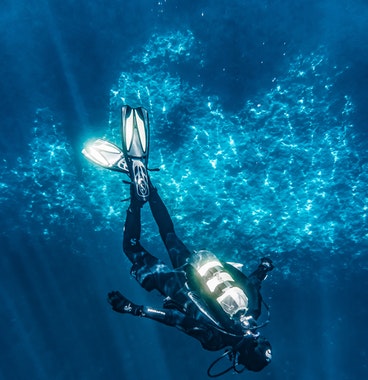
Calories
Heart rate zone
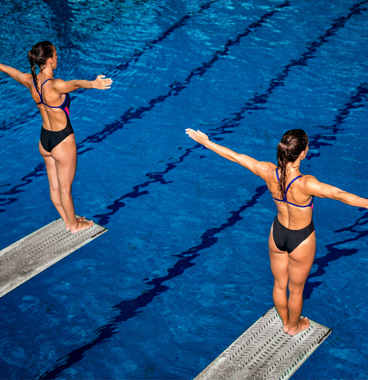
Calories
Heart rate zone
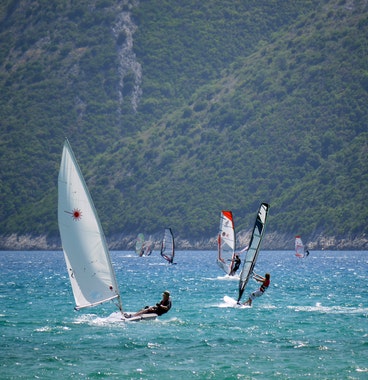
Calories
Heart rate zone

Calories
Heart rate zone
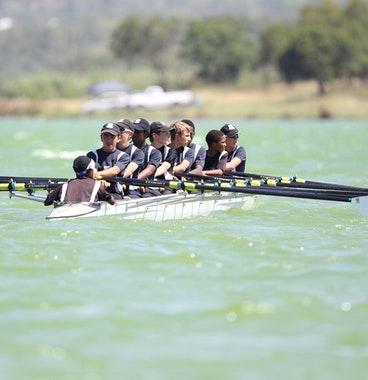
Calories
Heart rate zone
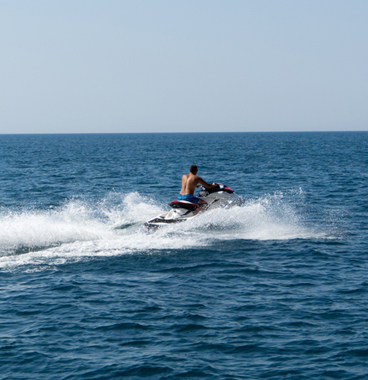
Calories
Heart rate zone
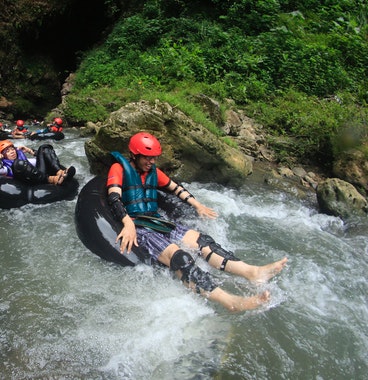
Calories
Heart rate zone
Supporting more than 66 training modes. When you are having interval training, it can detect count, trajectory and calories to facilitate your scientific training.
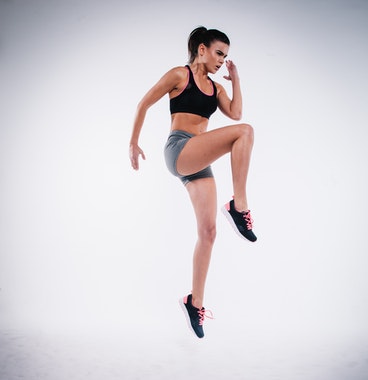
Count
Trajectory
Calories
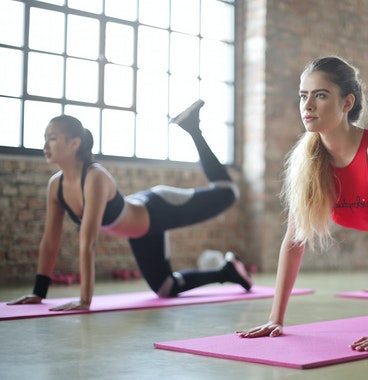
Count
Trajectory
Calories
Supporting accurate tracking of the movements and body data of runners and output scientific data, such as steps, step length, step frequency, distance, pace and calories. It can also support indoor and outdoor modes to help athletes and sports enthusiasts adjust their state and improve their performance.
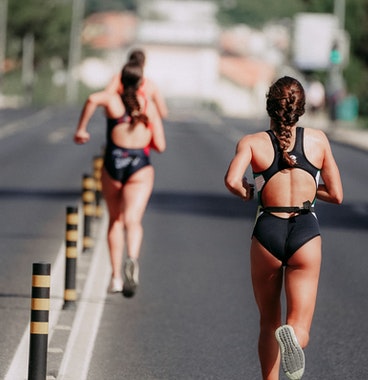
Steps
Distance (meters)
Step frequency (steps/minute)
Step length (meters)
Pace (minutes/Km)
Calories (Kcal)
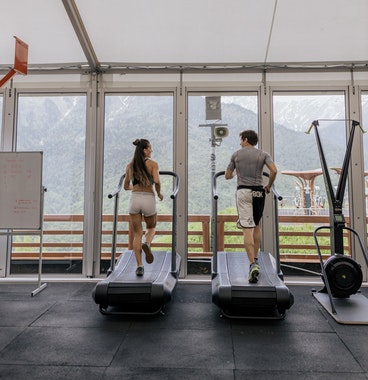
Steps
Distance (meters)
Step frequency (steps/minute)
Step length (meters)
Pace (minutes/Km)
Calories (Kcal)

Steps
Distance (meters)
Step frequency (steps/minute)
Step length (meters)
Pace (minutes/Km)
Calories (Kcal)

Detect changes in the number of floors (up/down)
Calories

Steps
Distance
Pace
Current elevation
Elevation up / down
Calorie
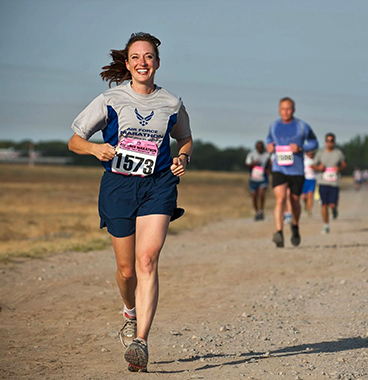
Steps
Distance
Pace
Current elevation
Elevation up / down
Calories
Providing the motion detection for rope skipping, boxing, fighting, yoga and dance and other free training By monitoring in real time and these output data including calories , heart rate zone, Strength Zone (DEMTAIR), counter, times and fatigue index etc., it can help fitness enthusiasts to improve their problems and adjust their status faster.
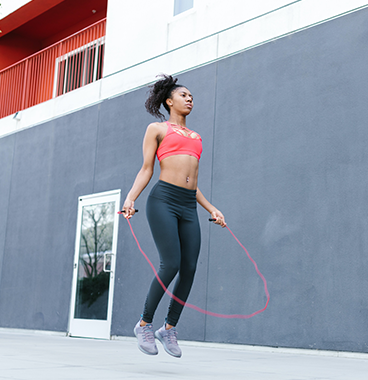
Counter
Interrupt times
Continuous times before interrupt
Maximum continuous times
Accumulate calories
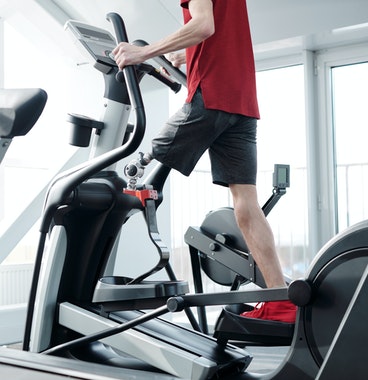
Steps
Frequency
Calories
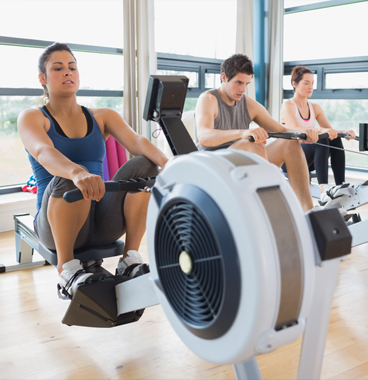
Counter
Frequency
Pull time
Release time
Calorie
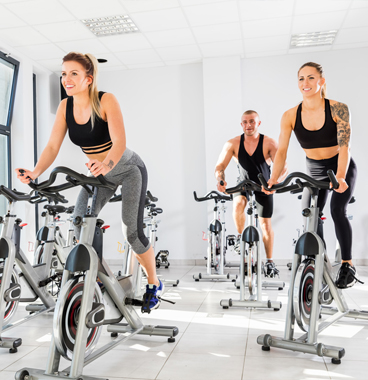
Calories
Heart rate zone
Strength zone

Detection of dumbbell exercises
Calories

Number of straight punch
Calories
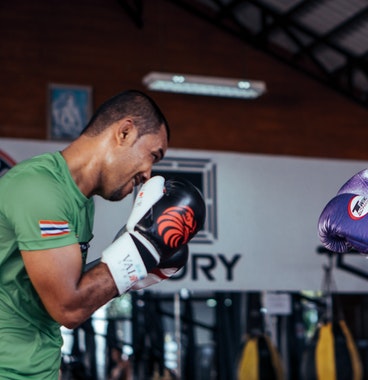
Calories
Heart rate zone
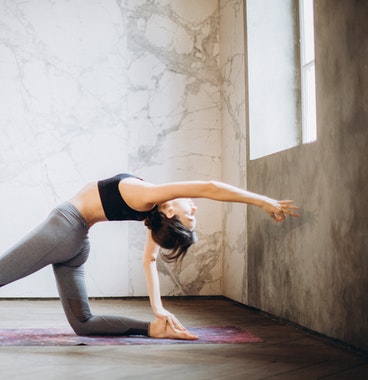
Calories
Heart rate zone

Calories
Heart rate zone
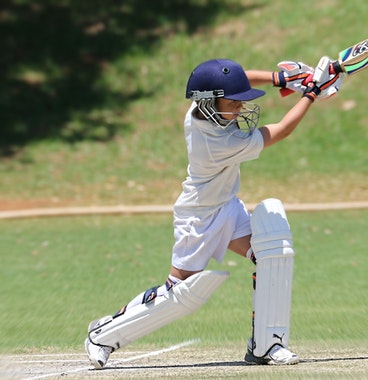
Calories
Heart rate zone
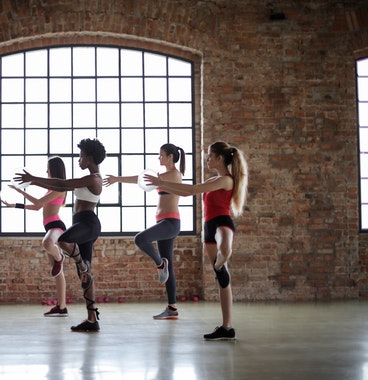
Calories
Heart rate zone
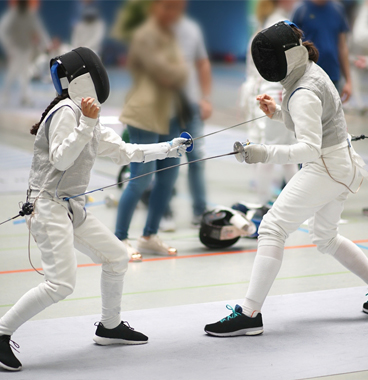
Calories
Heart rate zone
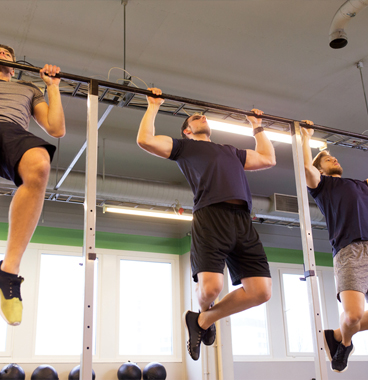
Calories
Heart rate zone
Supporting detection of auto-pause and auto-start records under different exercising scenarios.

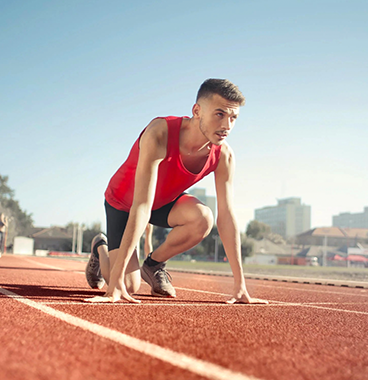
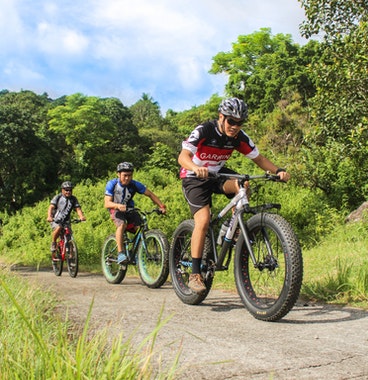


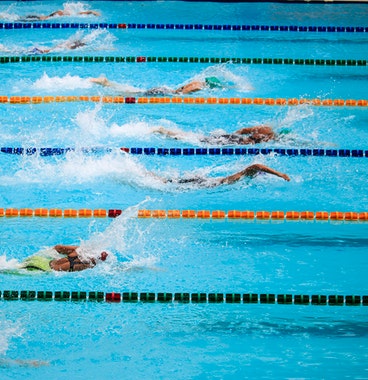
Base on the AI engine, it can process behavior recognition and give feedback on the recognized types of behavior. Currently, the identifiable types of behavior include: sitting still, walking, running, biking, elliptical trainer, rowing, and swimming, etc.
Still
Walking
Running
Biking
Elliptical trainer
Rowing machine
Swimming



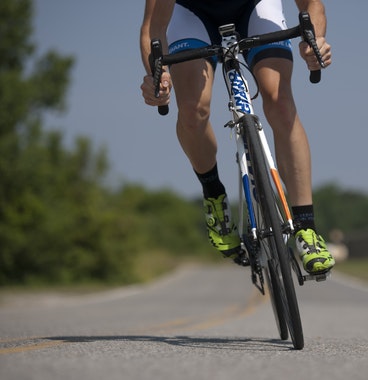
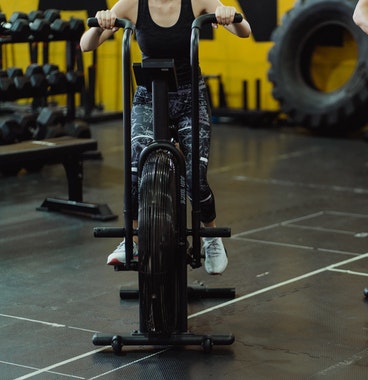
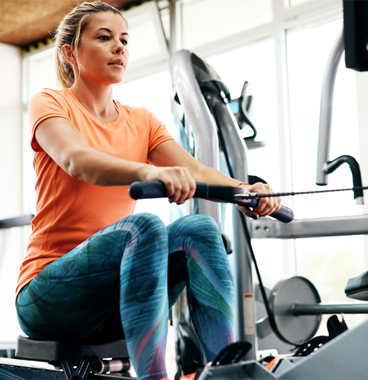
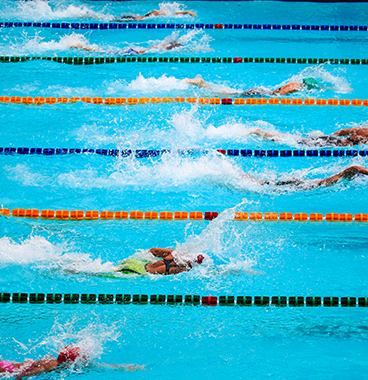
Supporting user-defined function of gesture control and recognize more than 8 gestures in real time. By triggering through dynamic gestures or specific finger movement, it can provide end users with interactive experience.
Tilt to wake
Double click
Shake
Turn the wrist
Answer incoming calls automatically
Flip to reject incoming calls
Turn on the camera
Electronic signature
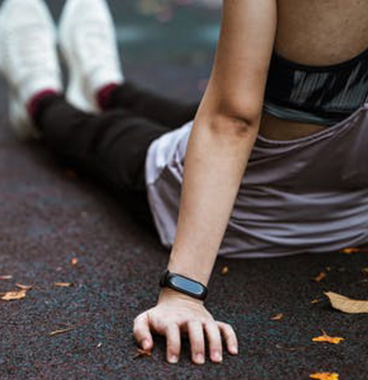

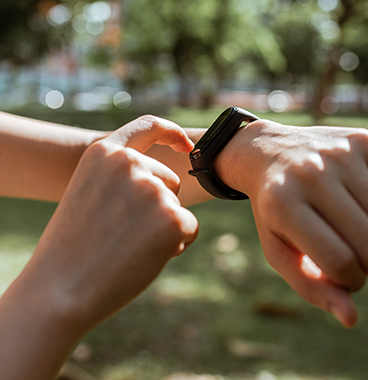

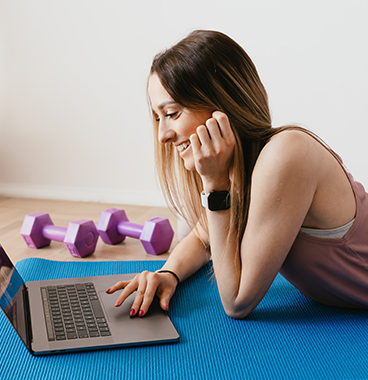



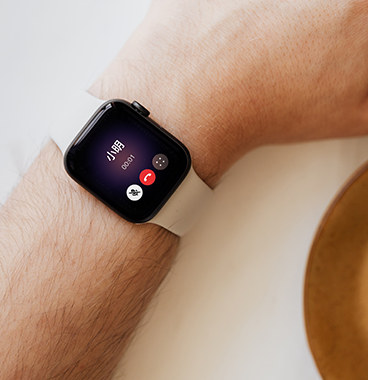



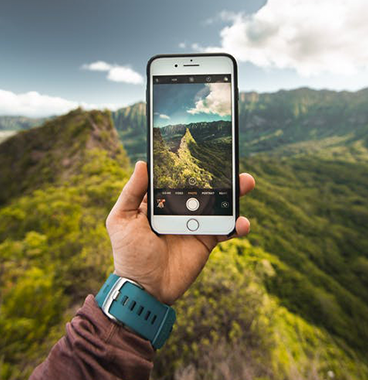

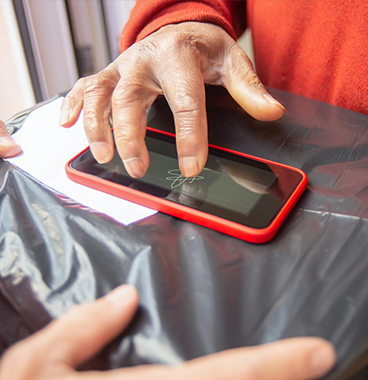

Base on the fusion positioning of GNSS and PDR, when users keep moving, our algorithm will produce precise position and record dynamic trajectory in various scenarios such as running, hiking, biking and mountain climbing, which will generate an entire motion trajectory map.
Running
Biking
Hiking
Climb
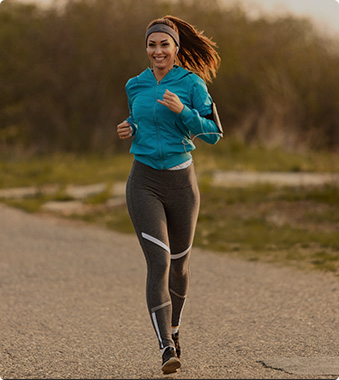
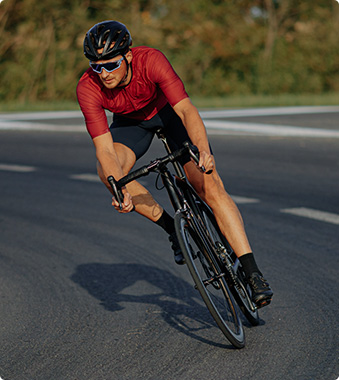
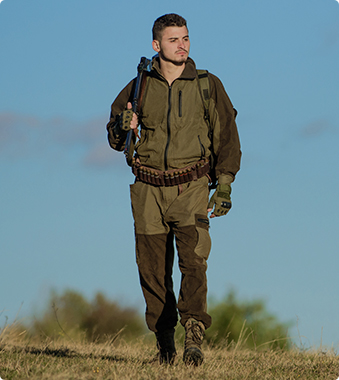

lower power consumption:Reduce over 75% GPS run time
Prevent GPS location drifting from external interference
Smooth trajectory during low speed exercises. (Walking case)